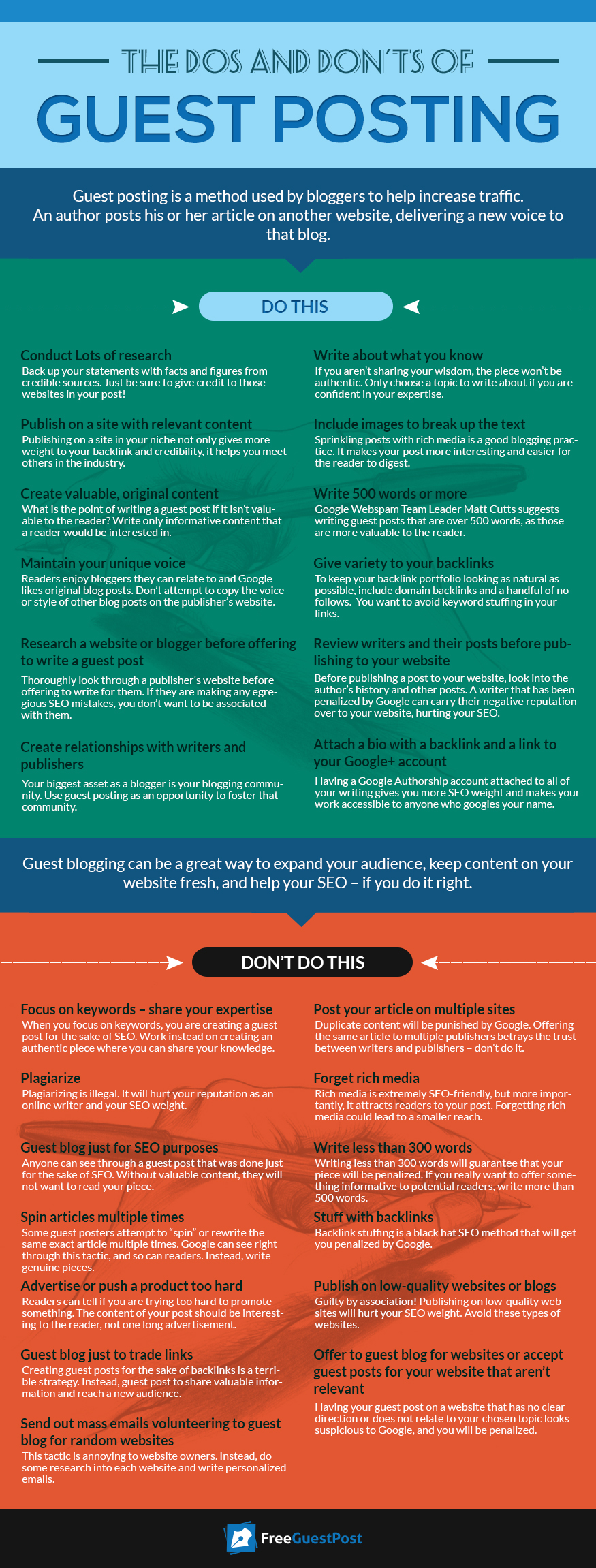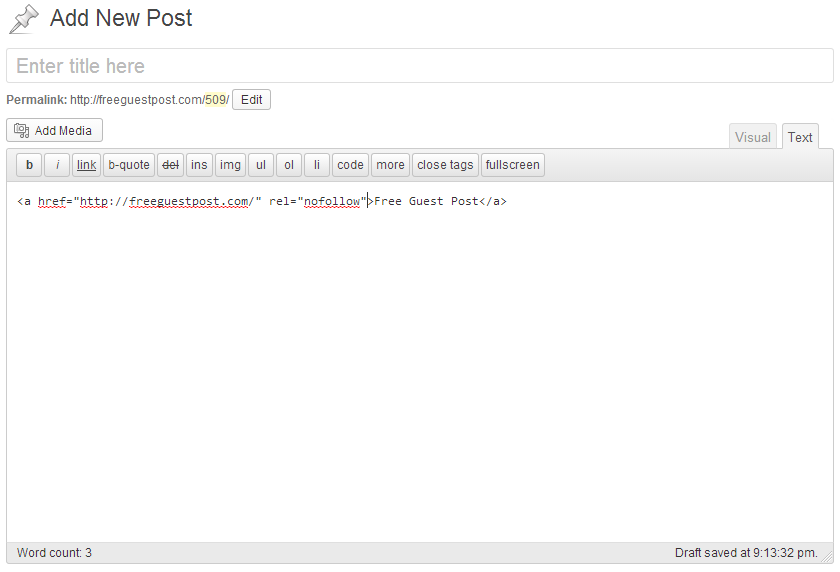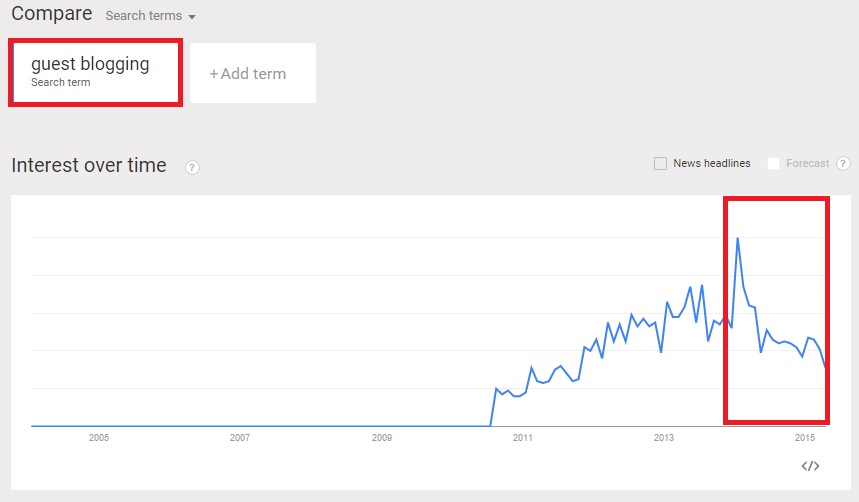How to Avoid Having Your Guest Post Rejected in the First 10 Seconds
The fastest way to get your guest post rejected is to make your post look like a prescription pill ad.
You’ve probably flipped through a magazine recently. Think back to that long full-page ad for some prescription medication. What did the format of that page look like?
No breaks, lots of jargon, and a LOT of small type squished on the page.
Did you read it? Did you even consider reading it?
When a blog owner opens a guest post request, and the post looks like a Celebrex ad, he’s not even going to read it. Your guest posts have to look easily digestible; like a reader could scan over it and understand all the main points in less than one minute.
In fact, I would say that many blog owners toss out the majority of posts they get before they even
Here are my 4 favorite ways to entice blog owners to read your post before throwing it out!
1. Small Paragraphs
Long paragraphs make your article look longer, dull, and academic. Big block paragraphs are ok for textbooks or novels, because the reader knows they’re going to have to block of some time to tackle it.
Whether your article is actually longer is irrelevant – short paragraphs show more white space and appear more scannable.
2. Use Sub-Headlines
Breaking up your post into separate categories gives the average blog visitor a way to find what they want and get out! Sub-heads make the reader believe they can blow through the post in a quick run-through.
And of course, your most important reader is the site owner looking to approve your post right? If he doesn’t believe his readers will take a second glance at the post, you’re toast!
3. Numbered Lists/Bullet Points
Lists deliver your information in short, power-packed snippets of info that can be scanned over and internalized very quickly. The overall look and feel of your post will improve. Your article will be more visually appealing – and more appealing to site owners as well!
4. Italics/Bold/Parentheses/Quotes/Underline
One of the best ways to spice up your posts (without having to work any harder on content) is to sprinkle those 5 things throughout your post. Remember, don’t overdo it. You’re sprinkling it on like salt on a steak – not too much, or you ruin the flavor of your post.
All of these strategies are super-easy to implement. In fact, you can write posts the same way you always have, and then visually enhance your posts afterwards with these 4 strategies!
Do you know any other strategies for making your posts look better? Let us know!





